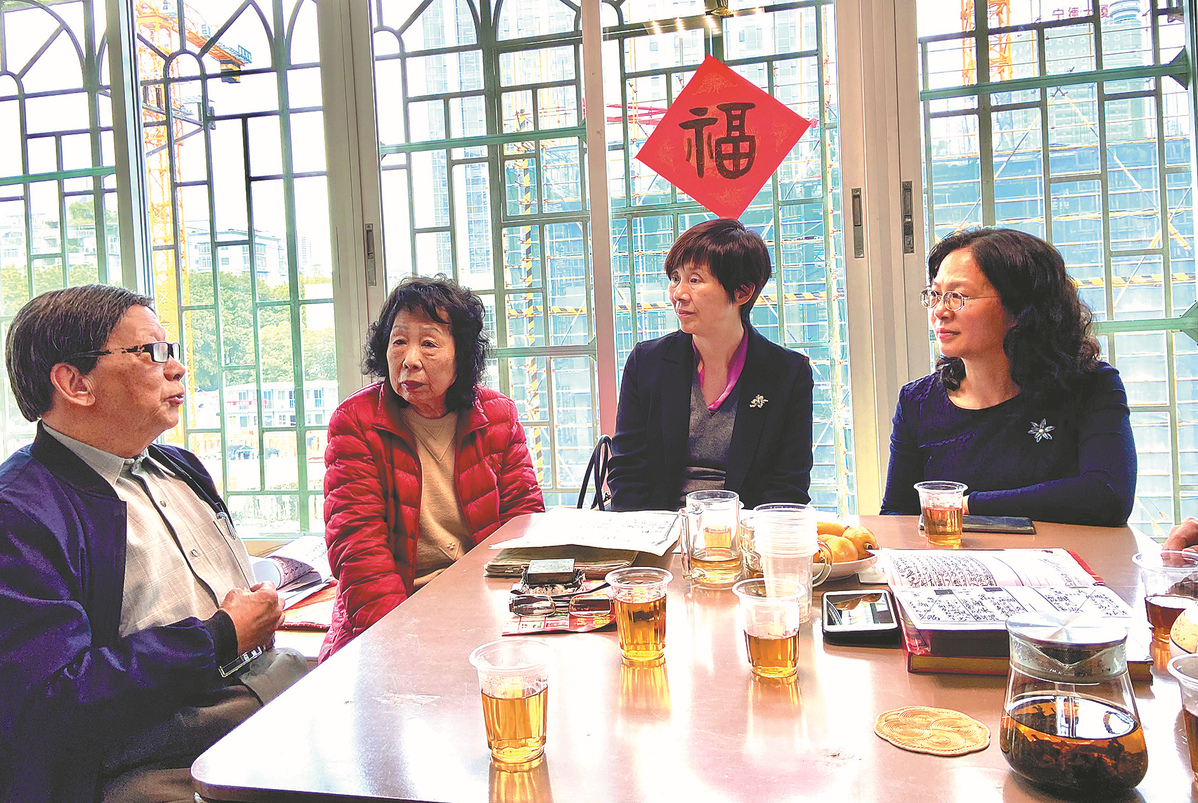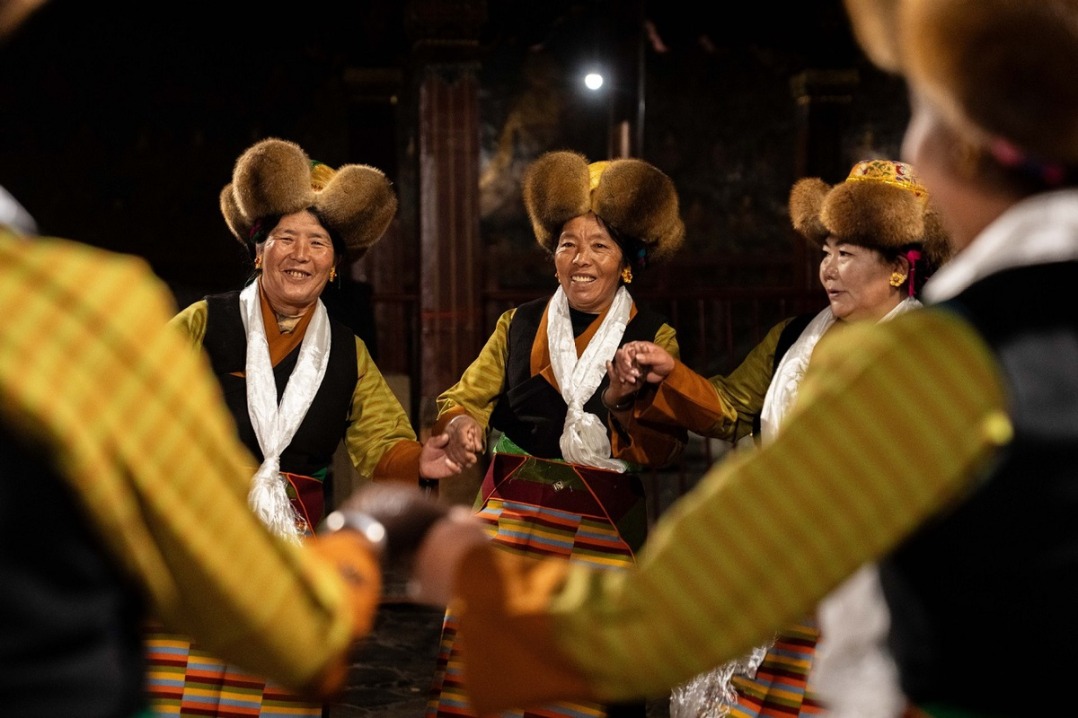Adviser urges preservation of cross-Straits documents


Born into a family with close ties to Taiwan, Jiang Erxiong, a national political adviser in Fujian province, has been promoting the protection of the shared historical memories of people on both sides of the Taiwan Straits in recent years.
The member of the 14th National Committee of the Chinese People's Political Consultative Conference has raised several proposals calling for collecting and protecting records and documents detailing the shared history of people from both sides of the Straits.
Throughout history, there have been frequent exchanges between Fujian and Taiwan, which are geographically close to each other, including waves of large-scale emigration of mainland residents, mainly from Fujian to Taiwan.
The documents in question range from letters, photos and certificates to contracts, physical objects and oral records belonging to groups and individuals from the Chinese mainland in Taiwan related to cross-Straits exchanges.
"These archives are historical testimony that the two sides of the Straits have the same roots and the same origin," said Jiang, who is president of the Fujian Federation of Taiwan Compatriots.
Jiang's devotion to cross-Straits exchanges has a lot to do with her family background. Born in 1967, she is the second generation of a Taiwan family that settled on the mainland. Her father came to the mainland from Taiwan in the late 1940s and started a family.
She said the de-sinicization move by Taiwan authorities has led to what she views as errors in the political, ethnic and cultural identity of many young people in Taiwan, which have had a negative impact on the peaceful development of cross-Straits relations and the cause of national reunification.
"The shared memory contained in these archives effectively refutes the historical view of 'Taiwan independence' and enhances the national, cultural and emotional identity of Taiwan compatriots," she said, adding that she believes that it is both necessary and urgent to preserve these records, which are in danger of being lost or damaged as a result of social change and migration.
Jiang's suggestions have added to the efforts by Fujian in recent years to protect such documents. Currently, about 248,000 documents collected from the public have been preserved in archives, museums and research institutes in the province.
Last year, authorities in Fujian traveled to many cities and villages to collect more documents.
"During the process, we also uncovered many touching stories embodying the fact that both sides of the Straits are one family," she said.
Among them were a senior couple who donated some 70 well-preserved letters exchanged with relatives in Taiwan between the 1980s and early 2000s, in which they exchanged family news and invitations.
"As the risk of damage and loss increases, we should encourage the public to donate their documents to institutions for proper preservation, to leave this valuable wealth for future generations," Jiang said.
During this year's two sessions, she proposed upgrading the program to the national level and encouraged the establishment of other Asia-Pacific heritage protection projects. She also supported the application of the mainland-Taiwan records protection project to UNESCO's Intangible Cultural Heritage and Memory of the World Programme.
Jiang said that efforts should be made to encourage more people and organizations in Taiwan to participate in the collection and protection of records, and promotional activities should be organized.
She also suggested making full use of the historical and academic value of the archives and documents to better tell the stories they contain and attract more people from Taiwan to the mainland, adding that teams of young Taiwan people could be invited to create cultural and creative products based on these documents and their cross-Straits memories.
Contact the writers at zhangyi1@chinadaily.com.cn
- Chinese sailor forced to halt Antarctic expedition after robbery
- French, Chinese artists revive industrial heritage in Hunan
- New engineering academicians vow to advance scientific innovation
- Former top railway official expelled from CPC
- Mainland says Taiwan's Lai a 'peace breaker' and 'troublemaker'
- New materials reinforce Nanjing war truth



































